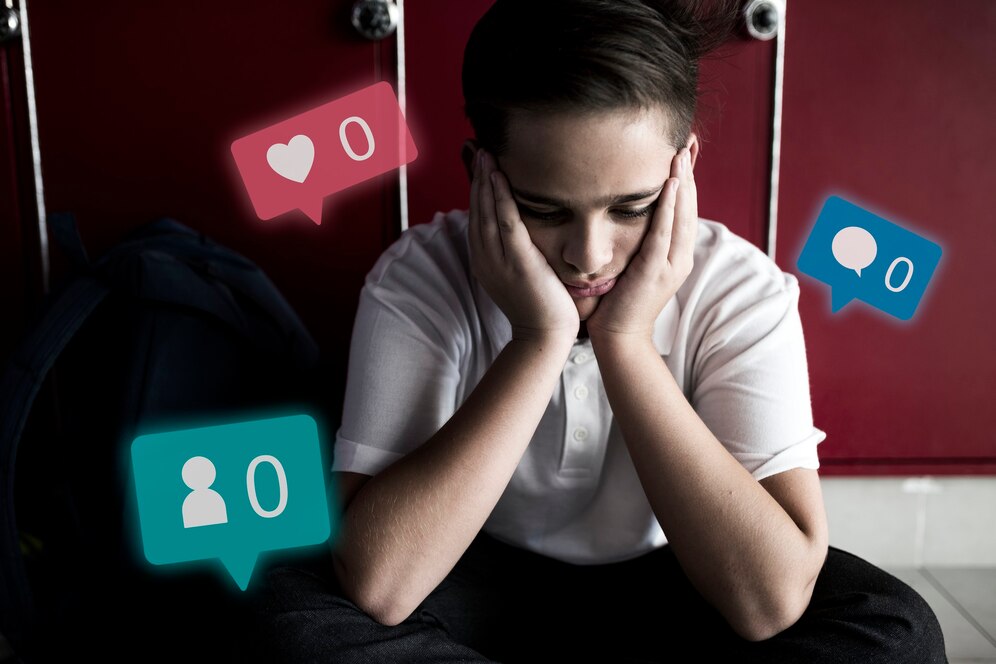We liked, we shared, we scrolled… and now we’re tired.
From Instagram fatigue to TikTok overstimulation, social media burnout is hitting hard—and it’s not just a phase. Users, creators, and even influencers with millions of followers are pulling back, logging off, and questioning the platforms that once defined connection and creativity.
But is this just a natural adjustment to our hyper-connected world—or are we facing something deeper? Is social media burnout a cultural crisis or simply digital growing pains?
Let’s break it down.
What Is Social Media Burnout?
Social media burnout goes beyond being “over it.” It’s a mental, emotional, and sometimes physical exhaustion caused by the pressures and patterns of constant online engagement. Symptoms can include:
-
Anxiety about posting or responding
-
Fatigue from endless scrolling
-
Feeling performative or inauthentic
-
Decreased self-esteem or comparison stress
-
A sense of being digitally trapped
Sound familiar? You’re not alone. Millions are reevaluating how (and why) they use these platforms.
Why It’s Happening Now
Social media has shifted from fun distraction to full-time performance. Here’s what’s driving the burnout:
1. The Attention Economy
Algorithms reward constant content. That means creators, influencers, and even everyday users feel pressure to be always on—posting, engaging, reacting.
2. Comparison Culture
Seeing curated highlight reels of everyone else’s life fuels imposter syndrome and FOMO. It’s hard to feel good about your own journey when everyone else’s looks like a vacation.
3. Doomscrolling & Digital Fatigue
The constant flow of bad news, hot takes, and controversy wears people down. Platforms meant to entertain and inform often become sources of stress and anxiety.
4. Monetization Pressure
For influencers and creators, platforms are no longer just social—they’re business. But the grind of content creation is exhausting, and burnout is especially high in creator economies.
5. Blurred Boundaries
Work messages come through LinkedIn. Family updates show up on Facebook. News, memes, ads, and activism blur into a single feed. The result? No digital off switch.
Cultural Crisis or Growing Pains?
Now the big question: is this burnout a sign that something’s fundamentally broken—or are we just learning how to live with new tools?
The Cultural Crisis View:
Some experts argue social media has changed the way we think, feel, and relate to each other—for the worse. They point to:
-
Rising mental health issues linked to screen time
-
Increased polarization from echo chambers and performative posting
-
Loss of attention span and real-world presence
From this view, burnout isn’t a bug—it’s the natural outcome of an unhealthy system.
The Digital Growing Pains View:
Others see burnout as a sign of maturing digital literacy. In the early days, we dove in headfirst—no boundaries, no awareness. Now, people are learning to:
-
Take digital detoxes
-
Curate their feeds more intentionally
-
Set boundaries around screen time and posting
-
Use platforms with more awareness and purpose
Maybe this is what growth looks like: discomfort, reflection, and change.
What Happens Next?
Social media isn’t going anywhere—but how we use it is changing. Here’s where we might be headed:
1. Smaller, Safer Spaces
More users are gravitating to private groups, niche platforms, and close-friend circles—spaces that feel more authentic and less performative.
2. Slow Social
A movement toward mindful use—less posting, more intentional content, and more time spent offline.
3. Platform Responsibility
Expect growing pressure on companies to redesign algorithms, add usage controls, and take user well-being seriously.
4. Creator Wellness
Platforms may begin offering tools for mental health support, better monetization options, and breaks for creators.
Time to Rewire the Feed
Social media burnout isn’t a personal failure—it’s a byproduct of how these platforms were built. But we’re learning. We’re shifting. We’re starting to ask:
What are we getting out of this? And what is it costing us?
Whether it’s a cultural crisis or just part of our digital evolution, one thing’s clear: it’s okay to log off.
It’s okay to reclaim your attention.
It’s okay to rethink what connection really means.
Because in the end, being social should feel energizing—not exhausting.

